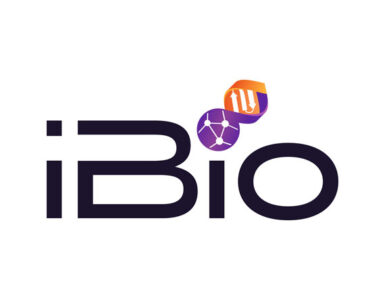
Pixium Vision (FR0011950641-PIX) announced the first successful human implantation and activation of PRIMA, its new generation miniaturized wireless photovoltaic sub-retinal implant, in a patient with severe vision loss from atrophic dry AMD.
The PRIMA Bionic Vision System successfully elicited visual perception, enabling the patient to start the re-education phase according to the clinical trial protocol, which includes a six-month follow-up and progress update.
This study is designed to evaluate the safety and performance of PRIMA in eliciting central visual perception among patients who have lost their central sight due to atrophic-advanced dry AMD.
The study will recruit up to five patients with evaluation at a six-month follow-up, and longer-term follow-up to 36 months.
In a statement, Dr. Yannick Le Mer, principal investigator of the trial, said successful activation was achieved one-month post implantation as per the protocol. “Following activation, the patient reported a first perception of light from the central zone where there was none previously.”
PRIMA inventor, Prof. Daniel Palanker, of Stanford University’s Dept. of Ophthalmology, said the first successful activation is a major milestone, validating PRIMA’s concept in patients with advanced dry AMD. “We will continue to advance the photovoltaic implants in our lab, seeking further increases in resolution and in quality of the visual perception.”
Khalid Ishaque, CEO of Pixium, said following completion of the feasibility phase in France, the company intends to start a FDA-approved feasibility study in the U.S.





